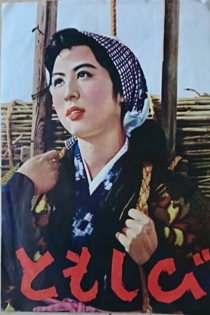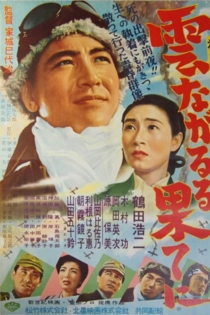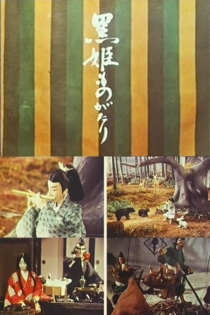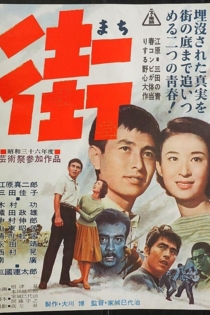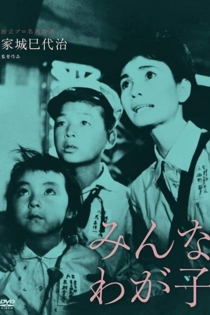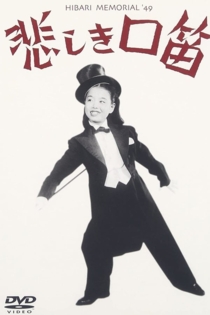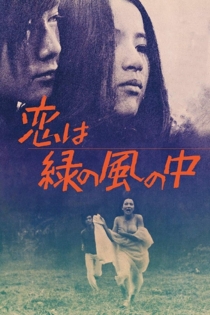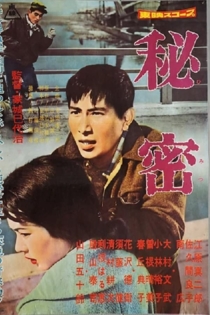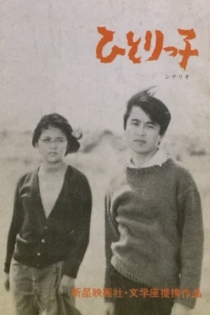
Miyoji Ieki
1911 - 1976路傍の石
Miyoji Ieki
Chikage Awashima, Katsuo Nakamura
The Wayside Pebble is an effective drama about the hardships of a childhood spent with a brusque, cold-hearted father and a submissive mother. The year is 1910 and the place is a small Japanese village. Goichi is suffering because he wants to go to school, but his family is too poor to afford that luxury. Even when a kind friend agrees to help out, Goichi's father refuses to give in to his son's request for an education. Instead, he sends Goichi off to work as an indentured servant for a cold-hearted merchant and his family. As tragedy strikes and the suffering of the young boy increases, he begins to look for some way out of his bleak situation.
Roadside Stone
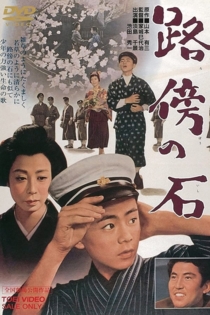
異母兄弟
Miyoji Ieki
Kinuyo Tanaka, Rentaro Mikuni
In a military family, an illegitimate son is brutalized by his brothers. A patriarchal, feudalistic household where dissent is forbidden is used to reveal the whole imperialist system that afflicted Japan between 1921 and 1946. Winner of the Crystal Globe at the Karlovy Vary Film Festival.
Stepbrothers
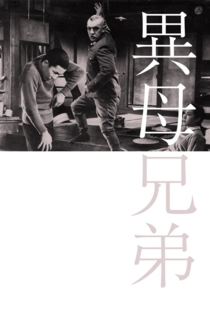
裸の太陽
Miyoji Ieki
Shinjirô Ehara, Satomi Oka
A young, struggling couple are making every sacrifice so they will one day in the not-too-distant-future, have enough money to get married. As they have agreed on this procedure, it comes as a shock to the young woman to find out from her husband-to-be that he just loaned all the money they had saved to a friend. She is understandably miffed, and a big disagreement results. But after some time goes by, she discovers why the friend needed the money so badly, and the couple are back on solid footing again.
The Naked Sun
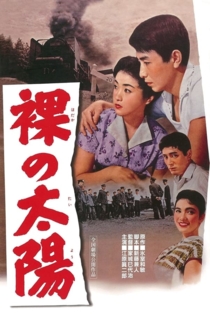
ともしび
Miyoji Ieki
Tokue Hanazawa, Haruko Hirata
Students in a small rural school love their poor but unconventional teacher Mr Matsukuma although he is misunderstood by most of the villagers and is forced to leave. After his departure there is great depression but there is a chance to rekindle the lantern of the title and the values Matsukuma represented ...
Tomoshibi
